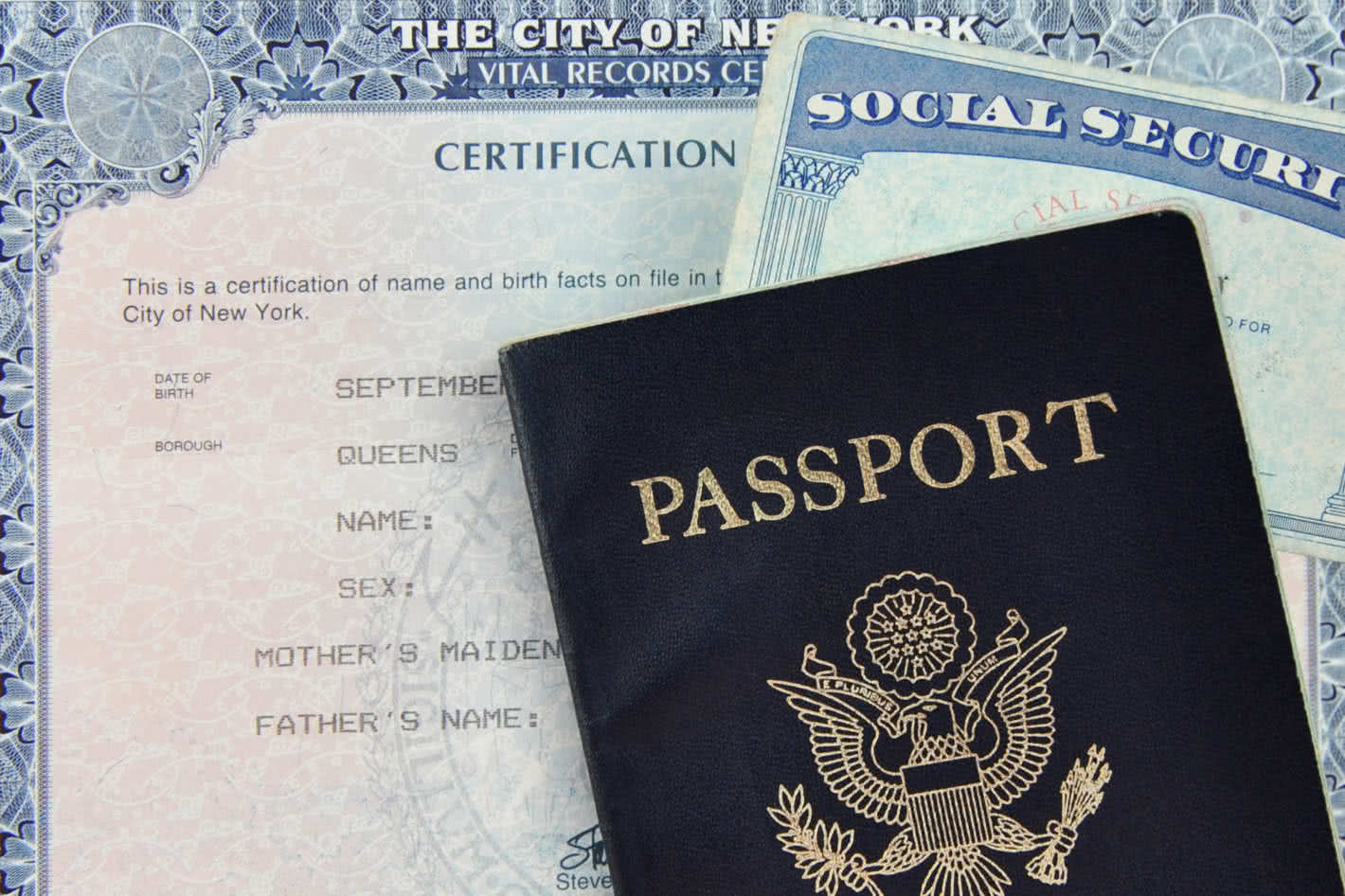Anchor Babies: Texas Health Officials Deny Birth Certificates
A recent federal lawsuit brings into sharp relief what many Republicans and anti-illegal immigration groups call the “anchor babies” problem.
In Maria Isabel Perales Serna, et al. v. Texas Department of State Health Services, Vital Statistics Unit, et al., Texas Rio Grande Legal Aid challenged Dallas County’s policy of denying birth certificates to United States citizen children, whose parents are “illegal aliens.”
Although in the most recent ruling, on October 2, the district court declined to immediately enjoin Dallas County’s behavior at issue, the trial court expressed, “grave concern” for a policy that denies U.S. citizen children their most basic identification document, a birth certificate. The judge set the matter for further hearings. In the meantime the Dallas County policy will remain.
Jennifer Harbury, an attorney with Texas Rio Grande Legal Aid representing the families, thanked the district court for its “thoroughness” but said the children still face harm while the families wait for a resolution. Harbury said in a statement: “We also understand his decision to await a full trial upon all of the evidence before issuing an injunction on such a crucial matter. We worry, however, about the safety of many Texas children in the interim. Without their birth certificates they are having difficulty gaining access to basic services, including school and medical care.”
Recommended Articles

SCOTUS clarified that a legal permanent resident alien can be physically in the U.S., commit a criminal offense, and still be inadmissible.

Fifth Circuit: Former Informants Are Not Protected Group

The Secretary of Health and Human Services has asked the Pentagon to add 5,000 more beds for young people. During last year’s surge of undocumented persons, the military opened emergency shelters to house the migrants at bases in Oxnard, San Antonio and Ft. Sill, Oklahoma.

On September 26th, 2015 U.S. District Judge Dolly M. Gee granted final approval of the settlement in Franco v. Holder, paving the way for previously deported immigrants with severe mental disabilities to request to reopen their cases in Immigration Court, and if approved return to the United States.

The defense attorney has an affirmative duty to properly advise. It is not enough to say it is a “possibility” under those circumstances.

About Michael Harwin
Michael’s skill and experience have been recognized repeatedly. He holds an A-V 5/5 preeminent rating by Martindale Hubbell. He has been named one of the top lawyers in Arizona by Southwest Superlawyers, and one of the best lawyers in Tucson by Tucson Lifestyle Magazine. He also has been named one of the best lawyers in the United States by BestofUS.com , and given the highest rating possible by AVVO, 10/10 Superb. Amazon Books

